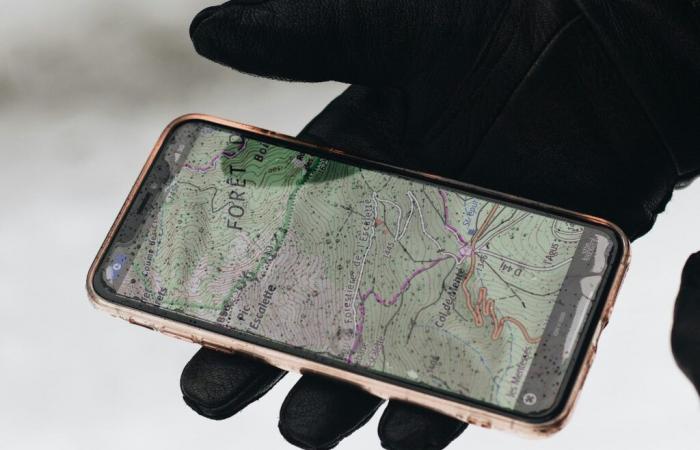What if GPS becomes obsolete? This is the question the American army is asking itself. Very practical for guiding us to a pizzeria or synchronizing our watches, the global positioning system (GPS) shows its limits. Impossible, for example, to pick up a signal in a tunnel, underwater or in the middle of a dense jungle. Worse still, pirates sometimes have fun jamming or falsifying these signals. Imagine a missile receiving false coordinates… disaster assured.
When satellites are no longer enough
Faced with these risks, the United States Department of Defense is exploring an original alternative: quantum navigation! Behind this scientific term lies a technology that could well revolutionize the way we find our way. Rather than relying on satellites, it relies on sensors capable of measuring our movements with atomic precision.
The principle is quite simple to understand: if you know your starting position and follow each movement precisely, you can calculate your exact position at any time. This is where quantum sensors come into play. These devices measure variations in movement, gravity or magnetic fields with incredible precision. The result: reliable navigation, even underground, underwater or in environments where GPS is unusable.
According to Michael Biercuk, CEO of Q-CTRL, a company specializing in quantum technologies, this approach would allow completely independent localization. He even speaks of “ quantum navigation », a form of orientation based solely on local measurements and a good old map of geophysical variations. Practical for the army, which could use it in critical situations where satellites are no longer an option.
If the idea seems futuristic, the progress is real. Companies like Q-CTRL or Infleqtion are already working on sensors that can be used by the military. Infleqtion, for example, recently received $11 million in funding to develop this technology. We could soon see such sensors integrated into planes or ships. For our phones or cars, however, we will have to be patient: today, these sensors are still as big as a printer!
Celia Merzbacher, director of the Quantum Economic Development Consortium, believes that involving the military could accelerate the development of this technology. “ Without government help, these small businesses would struggle to move from idea to product “, she explains.
In the meantime, other countries such as China and South Korea are already developing their own alternatives to GPS. The competition is on, and quantum navigation has the possibility of becoming the norm within a few years. So, soon a quantum sensor in your pocket? Patience… but remember this name, because it could one day replace our good old satellites.
???? To not miss any news on the Journal du Geek, subscribe on Google News. And if you love us, we have a newsletter every morning.






